Number Recognition Science Worksheets for Ages 6-8
12 filtered results
-
From - To
Number Recognition Science Worksheets for Ages 6-8
Unlock the joys of number recognition intertwined with fascinating science themes with our expertly designed worksheets for ages 6-8. These vibrant, engaging activities not only enhance mathematical skills but also spark young minds' curiosity about the world around them. Tailored to build a solid foundation in numbers, our printable worksheets are perfect for classroom use or at-home practice. Each worksheet is created to complement various learning styles, ensuring that every child experiences the excitement of discovering numbers through scientific exploration. Join us in making learning an adventure with our Number Recognition Science Worksheets!
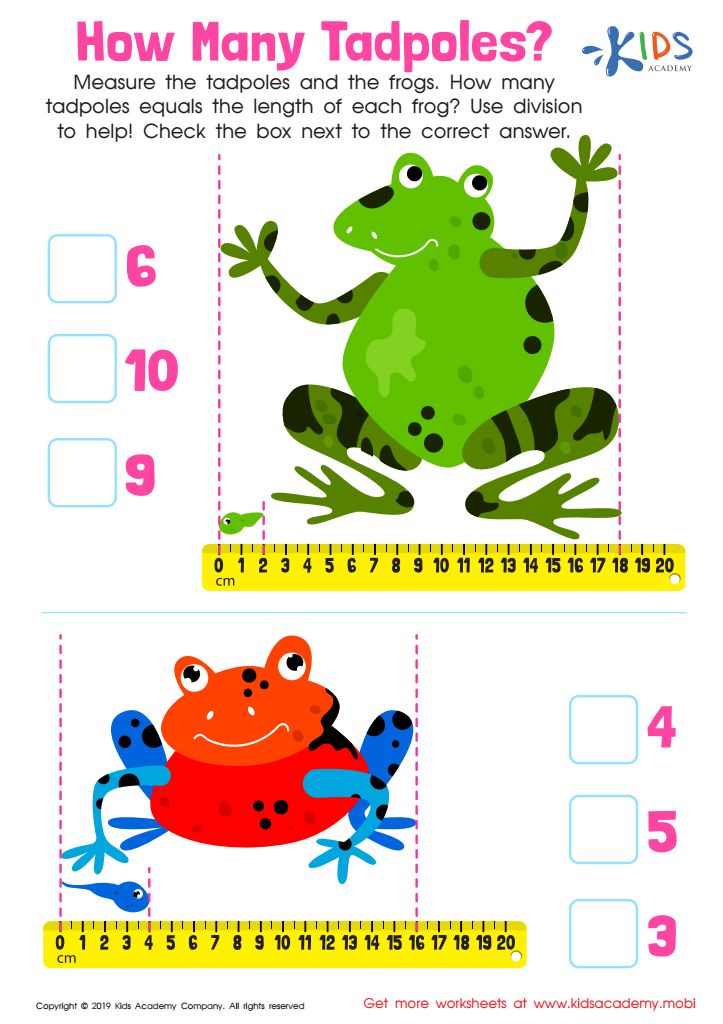

How Many Tadpoles Worksheet


Robot Printable


African Wildlife: Giraffe Worksheet
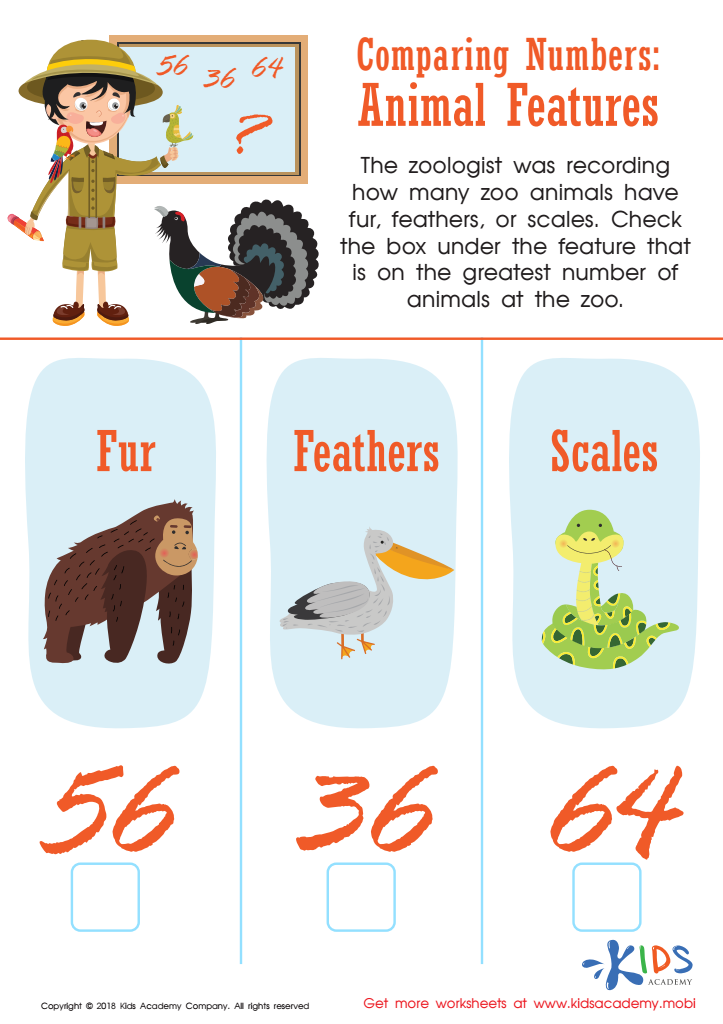

Animal Features Worksheet
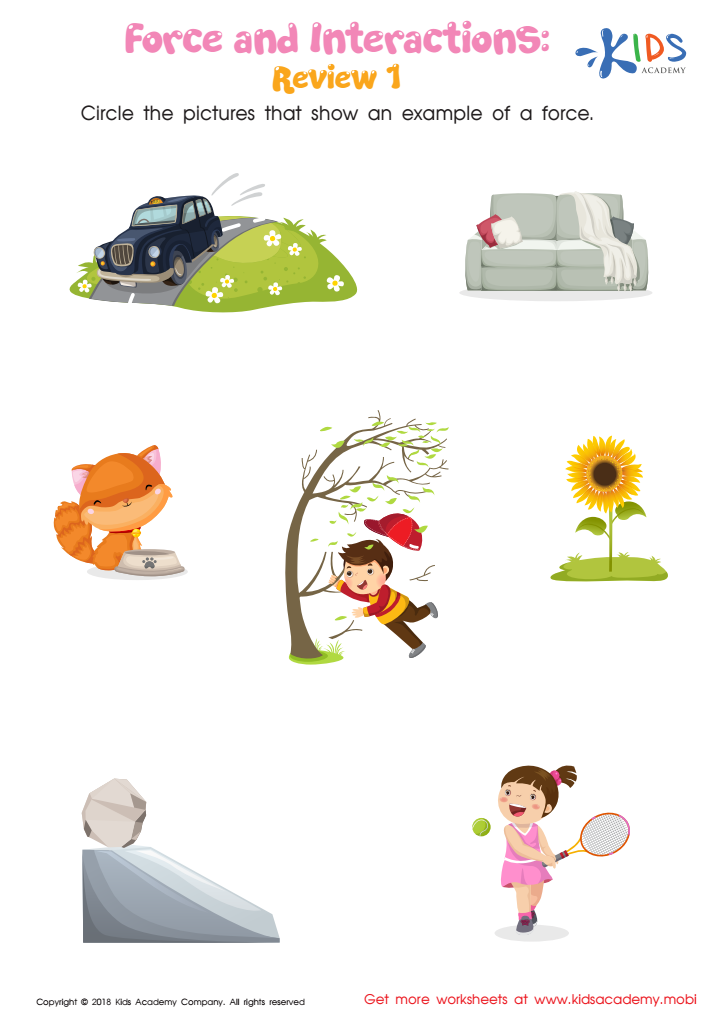

Force and Interactions: Review 1 Worksheet
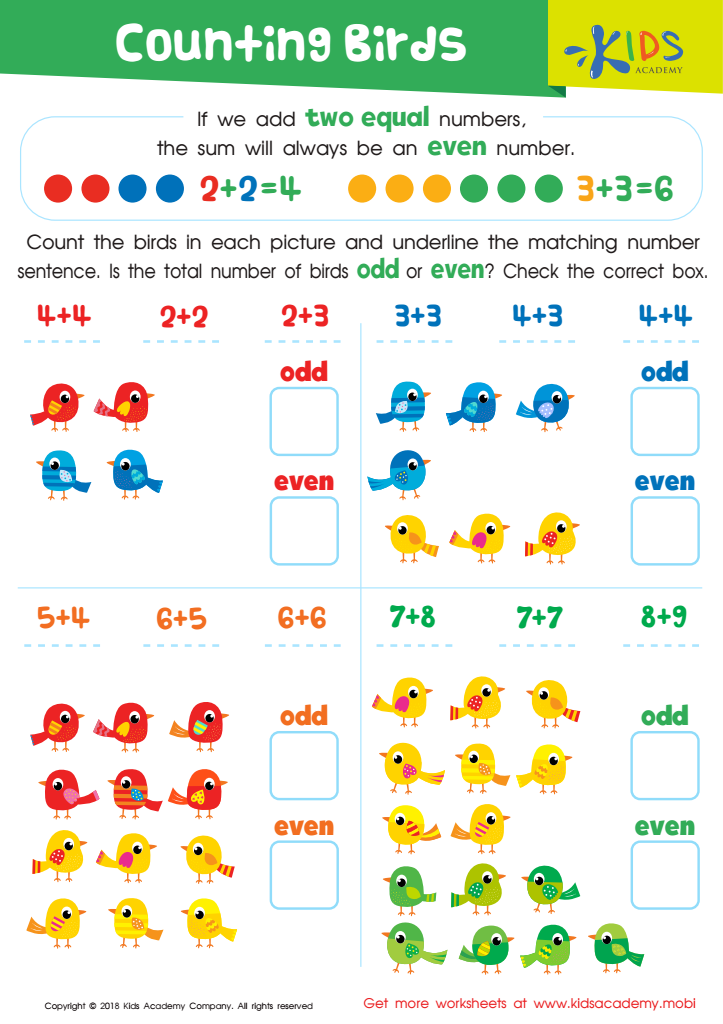

Counting Birds Worksheet


More Octopus Facts Worksheet
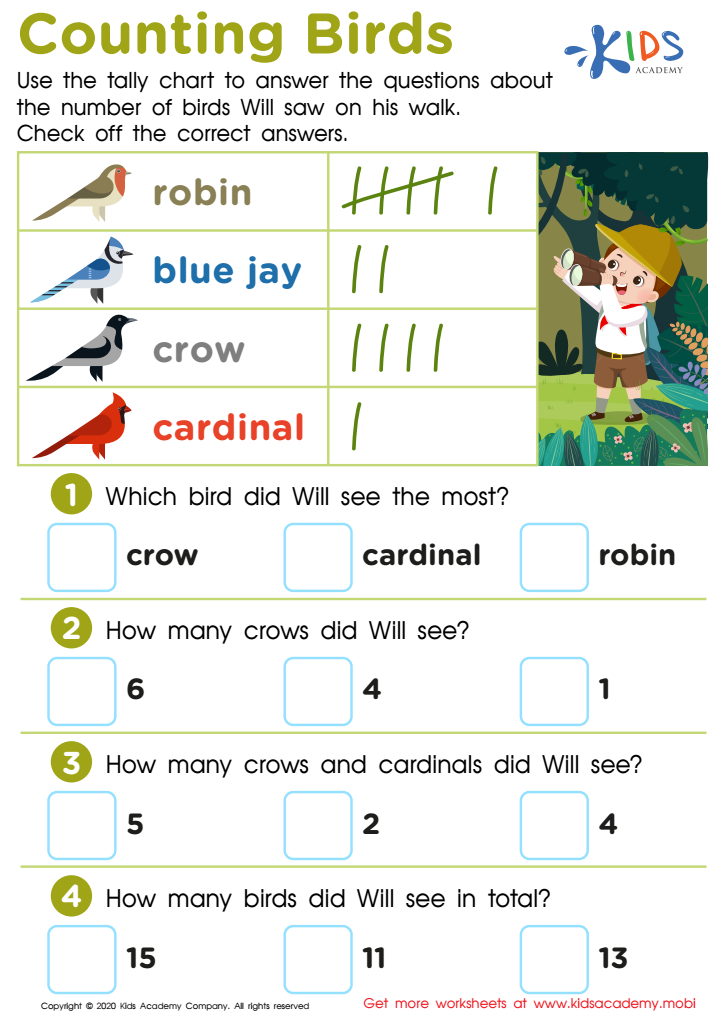

Counting Birds Worksheet
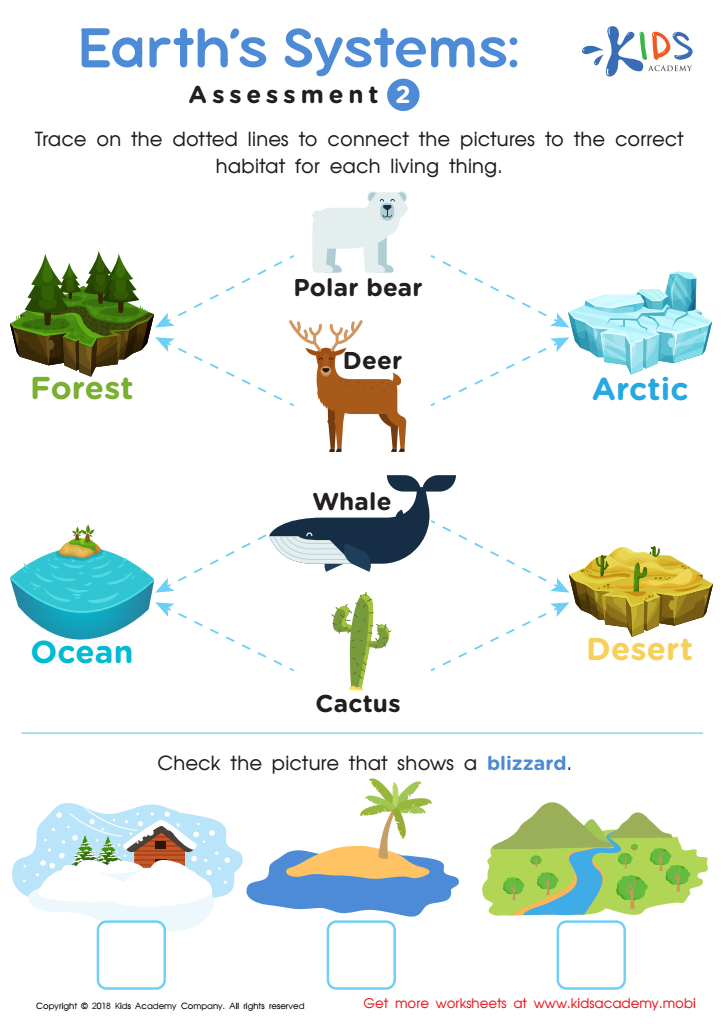

Earth's Systems: Assessment 2
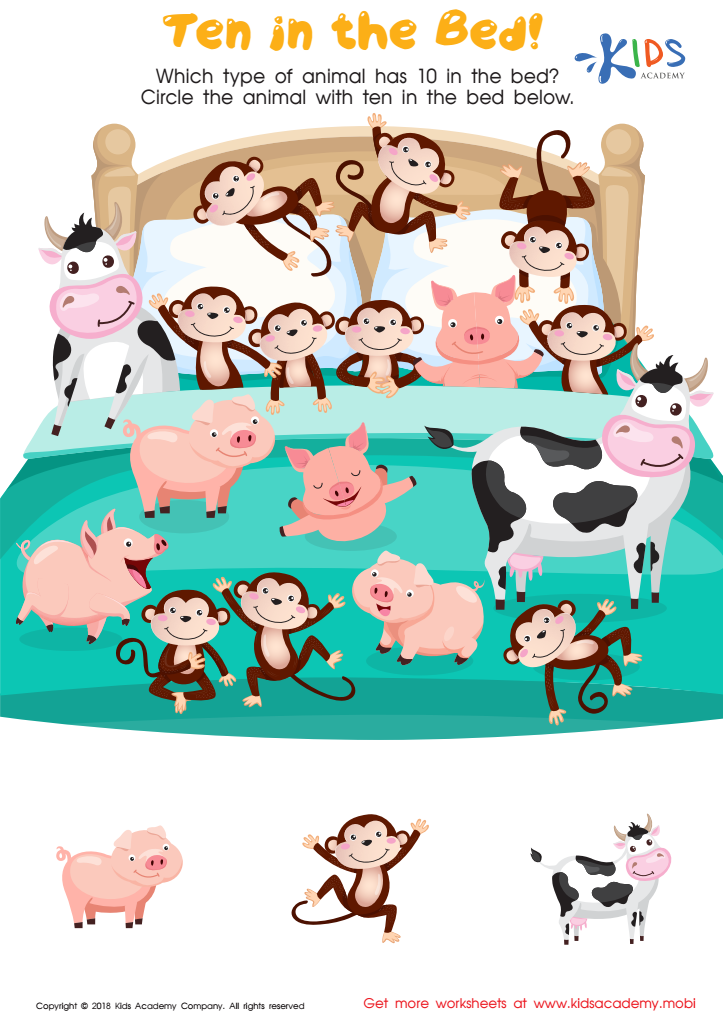

Ten in the Bed Worksheet
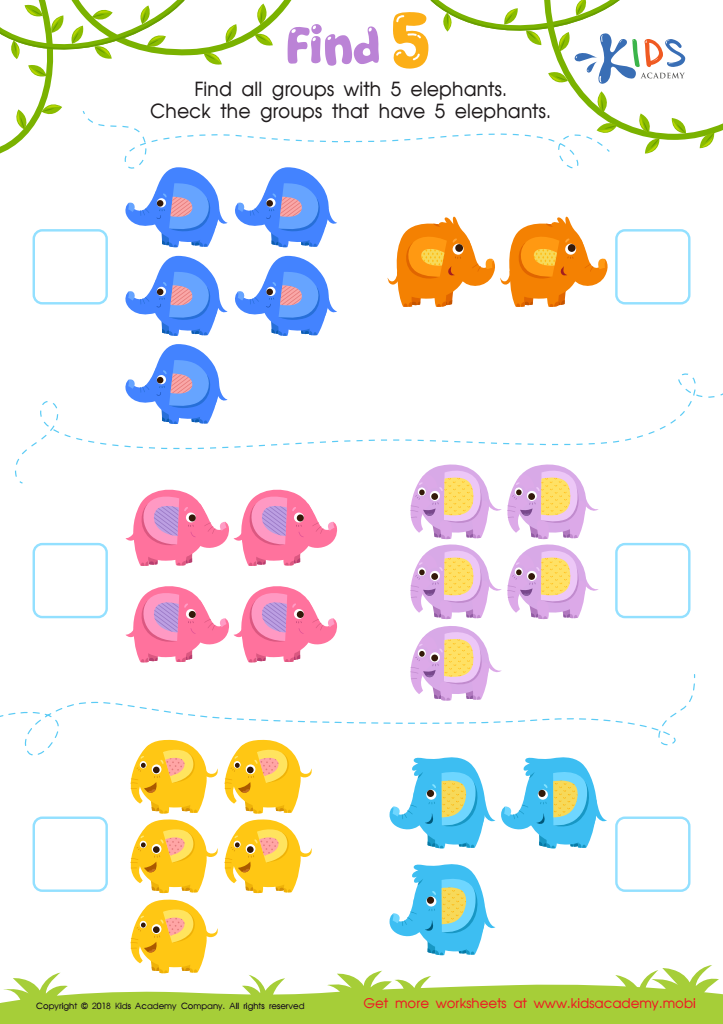

Find 5 Worksheet
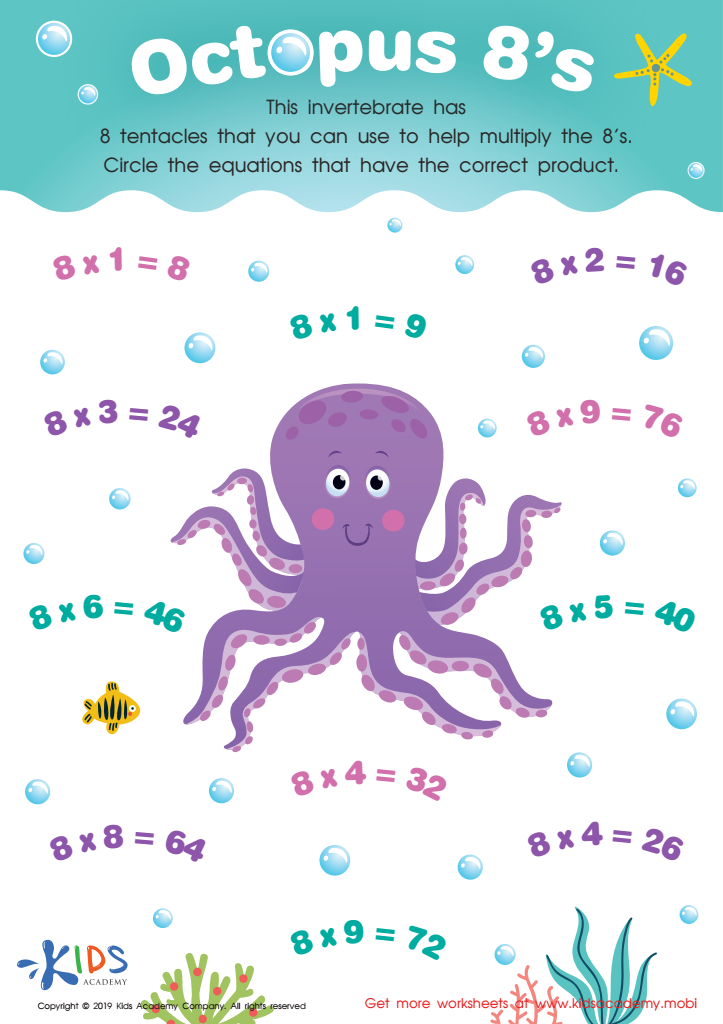

Octopus 8’s Worksheet
Number recognition is a foundational skill critical for the cognitive development of children aged 6-8. At this age, their brains are particularly receptive to learning basic mathematical concepts, which are crucial for their success in more complex math and science subjects later on. When parents and teachers focus on number recognition, they help children understand numbers as symbols that represent quantities, laying the groundwork for arithmetic operations and problem-solving skills.
Number recognition also enhances a child’s ability to classify, compare, and measure objects, facilitating their understanding of the world around them. Early proficiency in number recognition can lead to better performance in various school subjects—not just math. As children become comfortable with numbers, they develop confidence and a positive attitude towards learning, which are vital traits for lifelong educational success.
Moreover, early numeracy skills have been linked to improved literacy and cognitive abilities, showing the interconnectedness of developmental areas. Identifying and addressing difficulties in number recognition from an early age can prevent future academic challenges, fostering a positive educational experience. By prioritizing number recognition skills, parents and teachers play an essential role in enabling a smooth transition to more advanced educational milestones, supporting their overall intellectual and personal growth.
 Assign to My Students
Assign to My Students















